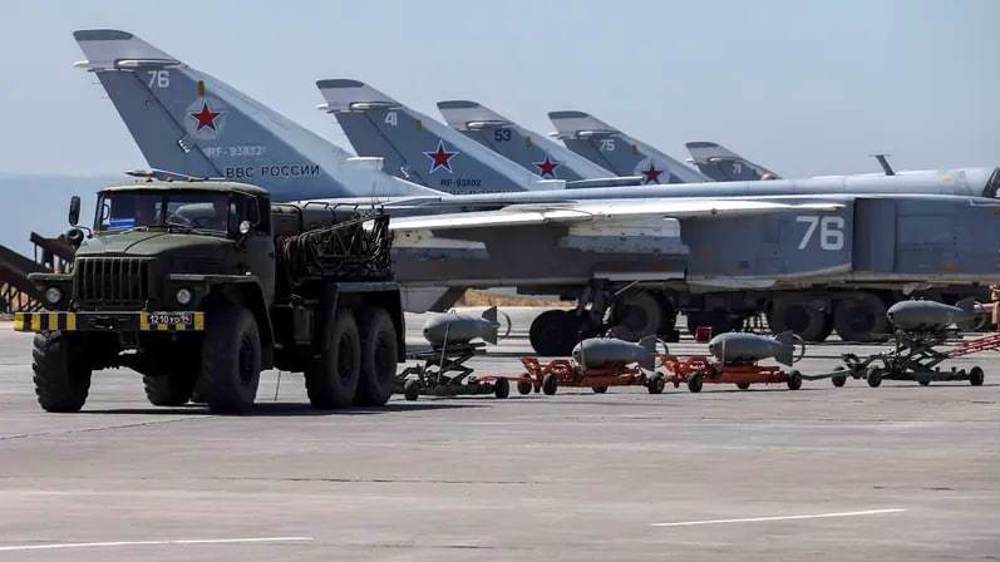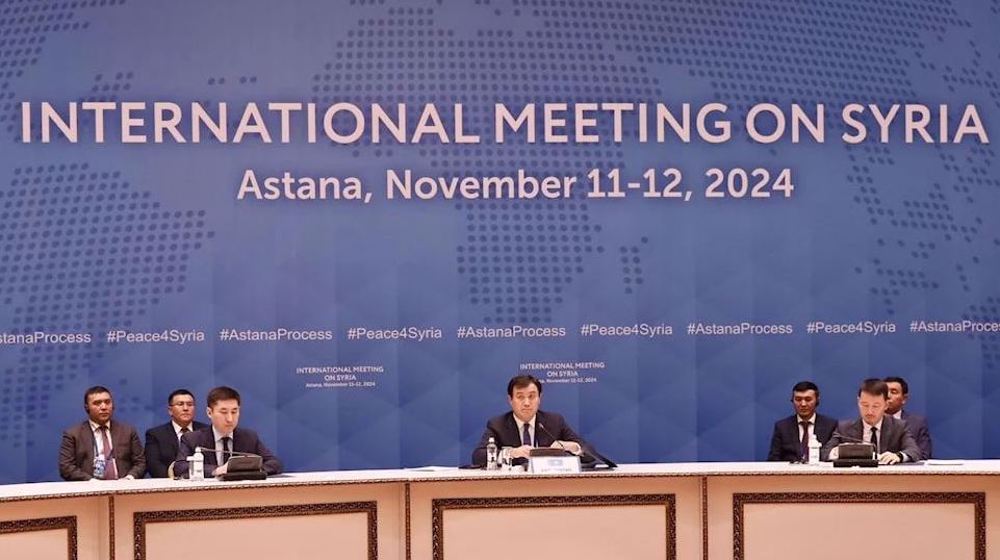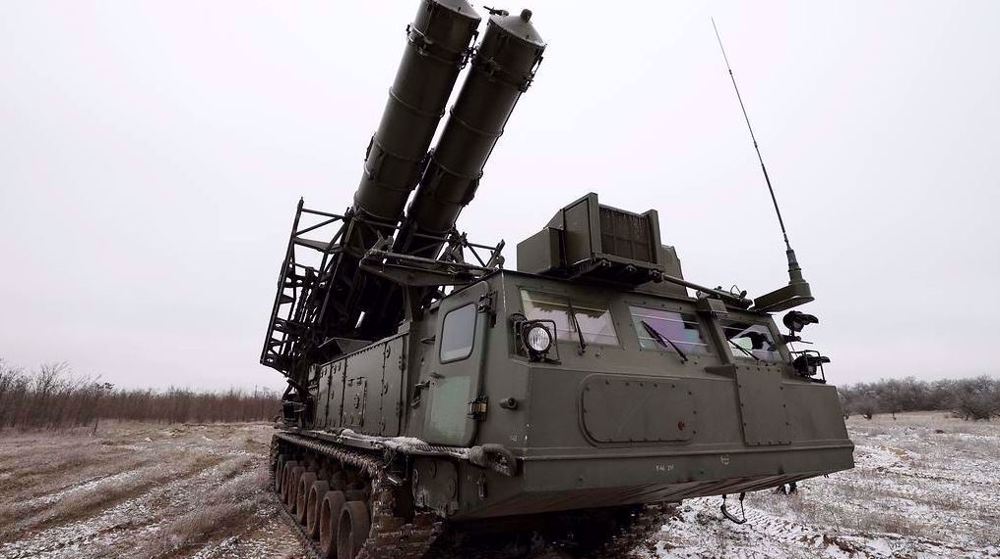Russia says prepared for humanitarian pause in Aleppo
Russia says it is ready to support a proposal by the United Nations for weekly 48-hour ceasefires in Aleppo in a bid to allow humanitarian aid deliveries to the contested northwestern Syrian city.
Russian Defense Ministry spokesman Major General Igor Konashenkov announced Moscow’s position in a statement released on Thursday.
“We are ready to implement the first 48-hour 'humanitarian pause' to deliver humanitarian aid to Aleppo residents as a 'pilot project' already next week in order to ensure safe cargo deliveries to the city's civilians," Konashenkov said.
He added that specific dates could be determined after coordination with the UN and receiving guarantees of safe passage of the aid convoys from the US.
Humanitarian aid could be sent from Turkey’s Gaziantep to the eastern parts of Aleppo or from Syria’s Handarat to western Aleppo, both via the Castello road, the Russian official said.

UN Special Envoy for Syria Staffan de Mistura welcomed Russia’s statement, saying he would work with Moscow to iron out specifics of a humanitarian pause in Aleppo.
"Our plan is to collectively work out the operational details, and be ready for delivery as soon as possible,” de Mistura said in a statement.
Earlier on Thursday, the UN official said aid convoys had not reached Syria's besieged areas over the past month.
Last week, Russia declared it would call a halt to fighting around Aleppo for three hours each day to facilitate aid deliveries, but the UN said that the pause was insufficient.
Aleppo has been divided since 2012 between government forces in the west and the Takfiri terrorists in the east. Syrian forces have been engaged in a major operation to liberate the militant-held areas of the city as well as the province with the same name.
In another development on Thursday, the European Union urged a swift pause in Aleppo fighting to allow medical and humanitarian aid to reach civilians trapped there.
"The EU and its member states call for... an immediate halt to the fighting in Aleppo to allow medical evacuations, deliveries of aid and repairing of essential water and electricity infrastructure," EU foreign affairs head Federica Mogherini said in a statement.
On September 30, 2015, Russia began its aerial campaign against the Takfiri Daesh terrorists and other militant groups upon a request by the Damascus government.
IAEA chief tours two key Iranian nuclear facilities
Larijani asserts Iran’s support for resistance, says conveyed Leader’s message to Lebanon
VIDEO | Beirut’s southern suburbs targeted in 'heavy' Israeli strikes
Haaretz: Over 10,000 Israelis have migrated to Canada this year
VIDEO | Press TV's news headlines
Official: Iran to respond ‘decisively’ to any threat to its nuclear program
Nearly 70 Mossad-linked terrorists killed or captured in southeast Iran
What collapse of German coalition government means










 This makes it easy to access the Press TV website
This makes it easy to access the Press TV website